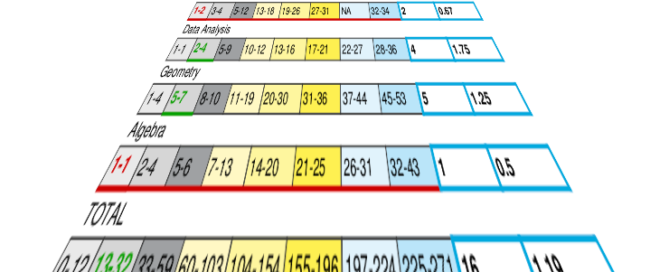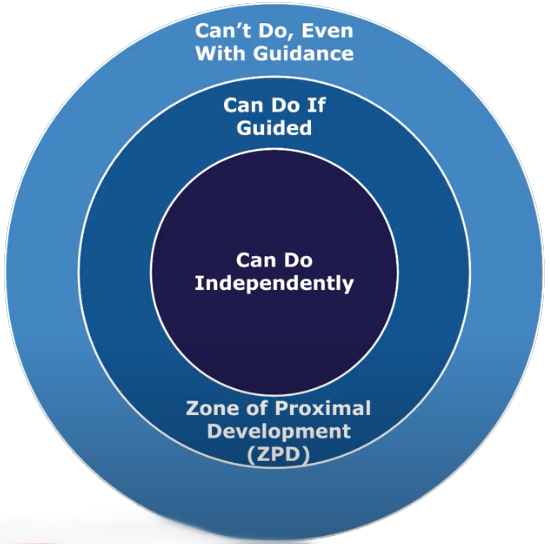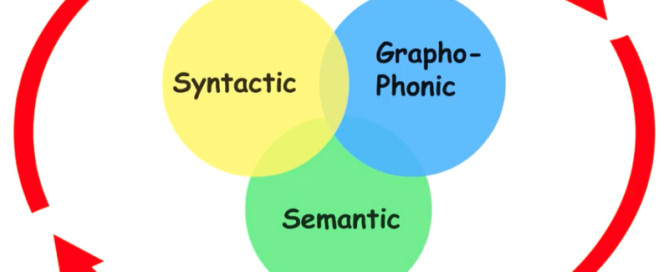There are many kinds of assessment used in education to evaluate student learning, identify strengths and challenges, and aid in lesson planning, and they often take the form of online tools. Three common types of assessment, diagnostic, formative, and summative, are frequently used with K12 students to allow teachers and other educators to make decisions about placement, advancement, curriculum decisions, grades, and funding. Diagnostic assessments help educators develop a zone of proximal development (ZPD), by understanding why a student is struggling or excelling in a particular skill. Formative assessments give educators a snapshot of a students’s progress at a given time, and summative assessments help educators see where how a student is performing relative to other students at a point in time. The goal of all assessment is to improve student learning. Assessments allow educators to personalize instruction by adapting a curriculum to the ZPD of the individual student.
On this page, Let’s Go Learn and its partners provide a library of blog articles to introduce and explain educational assessments to everyone from professional educators and teachers, to tutors and homeschool parents. We welcome your comments.
Science of Reading
Multiple Meanings of the Science of Reading Executive Summary The term Science of Reading has long been applied to reading programs and frameworks. It’s undergone a myriad of changes from its early use in the 1800s to describe pronunciation of primer words, to Kenneth Goodman and Frank Smith’s use to describe their










